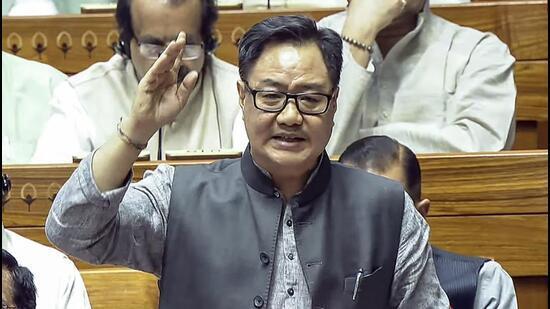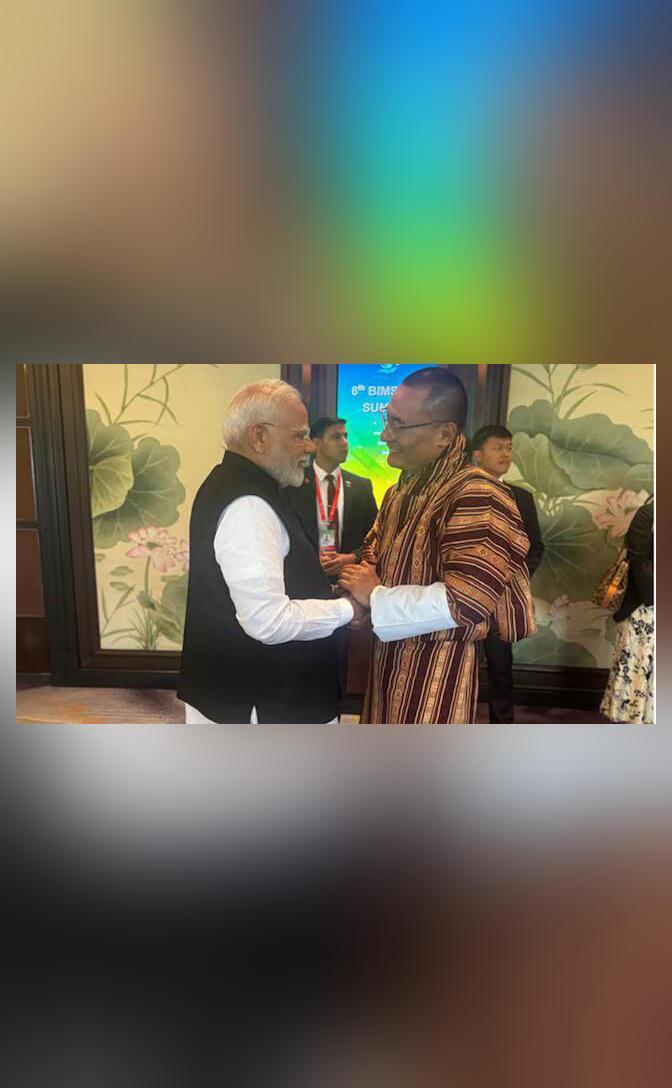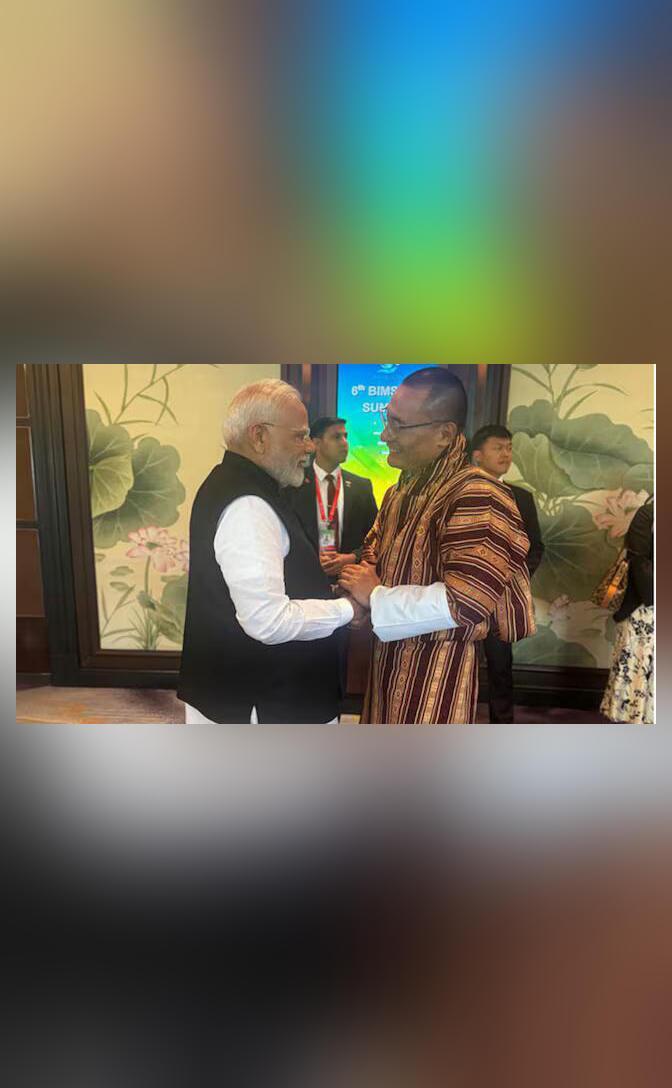
Opposition Creates Confusion & Leaves House: Rijiju in Rajya Sabha
The Rajya Sabha, the upper house of the Indian parliament, has always been a platform where lawmakers engage in lively debates and discussions on various bills and issues. However, on Thursday, Union Minister Kiren Rijiju sparked a controversy when he criticized senior Rajya Sabha members for creating confusion and raising issues in the House but not staying back to listen to the replies.
The minister made these remarks during discussions on the Waqf (Amendment) Bill, which aims to streamline the management and administration of Waqf properties. The bill was introduced in the Rajya Sabha earlier this year and has been a subject of intense debate ever since.
Rijiju’s comments were directed at senior member Kapil Sibal, who had raised concerns about the bill and compared the properties of Waqf bodies with those of other religious bodies. Sibal had argued that the bill could lead to the misuse of Waqf properties and undermine the autonomy of the Waqf boards.
However, Rijiju took exception to Sibal’s comments and accused him of creating confusion in the House. “When you raise an issue, you should stay back to listen to the reply. You should not raise an issue and then leave the House,” Rijiju said.
The Union Minister also criticized Sibal for not providing any concrete evidence to support his claims about the misuse of Waqf properties. “You are creating confusion and not providing any concrete evidence. You are just raising doubts and then leaving the House,” Rijiju said.
Rijiju’s outburst was met with strong reactions from the opposition benches, with several members accusing him of being arrogant and dismissive of their concerns. The opposition members argued that the bill was flawed and needed to be debated and discussed in detail before it was passed.
The controversy surrounding the Waqf (Amendment) Bill is not new. The bill has been criticized by several opposition parties, including the Congress, the Left and the Trinamool Congress, who have accused the government of trying to weaken the autonomy of the Waqf boards and misuse the properties for political purposes.
The bill has also been criticized by several Muslim organizations and civil society groups, who have argued that it could lead to the erosion of Muslim rights and undermine the independence of the Waqf boards.
Despite the controversy, the government has maintained that the bill is necessary to streamline the management and administration of Waqf properties and ensure their proper utilization. The government has also argued that the bill is not aimed at weakening the autonomy of the Waqf boards, but rather to ensure that the properties are used for the benefit of the community.
The controversy surrounding the Waqf (Amendment) Bill highlights the need for a more constructive and respectful debate in the Rajya Sabha. The House is a platform where lawmakers should engage in lively debates and discussions, but it is also a place where they should listen to each other’s views and work together to find common ground.
It is disappointing to see senior members of the House like Kapil Sibal creating confusion and not staying back to listen to the replies. It is also disappointing to see the government responding to criticisms with arrogance and dismissiveness.
As the Waqf (Amendment) Bill is debated and discussed in the Rajya Sabha, it is essential that lawmakers engage in a more constructive and respectful debate. They should listen to each other’s views, provide concrete evidence to support their claims, and work together to find common ground.
Ultimately, the success of the bill will depend on the ability of lawmakers to engage in a more constructive and respectful debate. If they can do so, the bill could be a positive step towards streamlining the management and administration of Waqf properties and ensuring their proper utilization. However, if the debate remains acrimonious and confrontational, the bill could be a source of controversy and division.
Sources:






